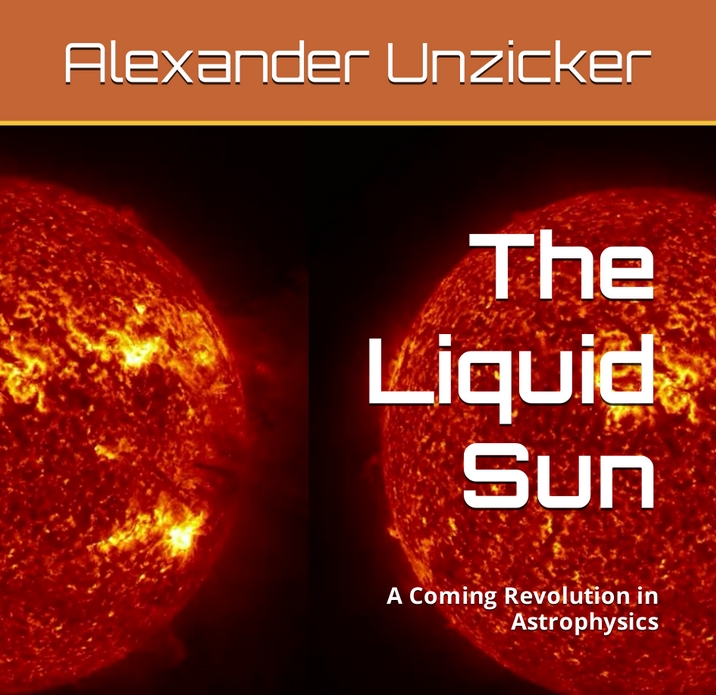
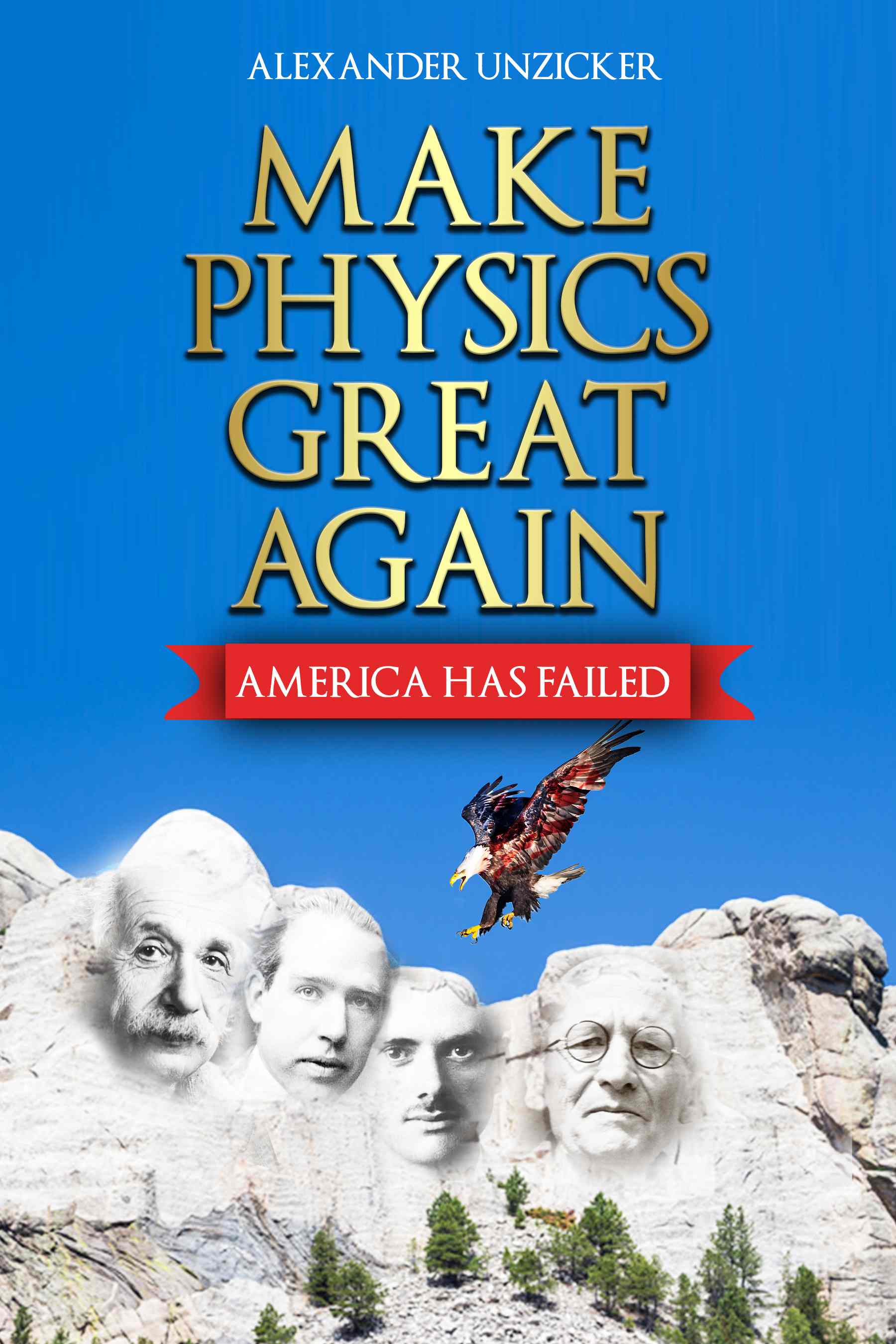
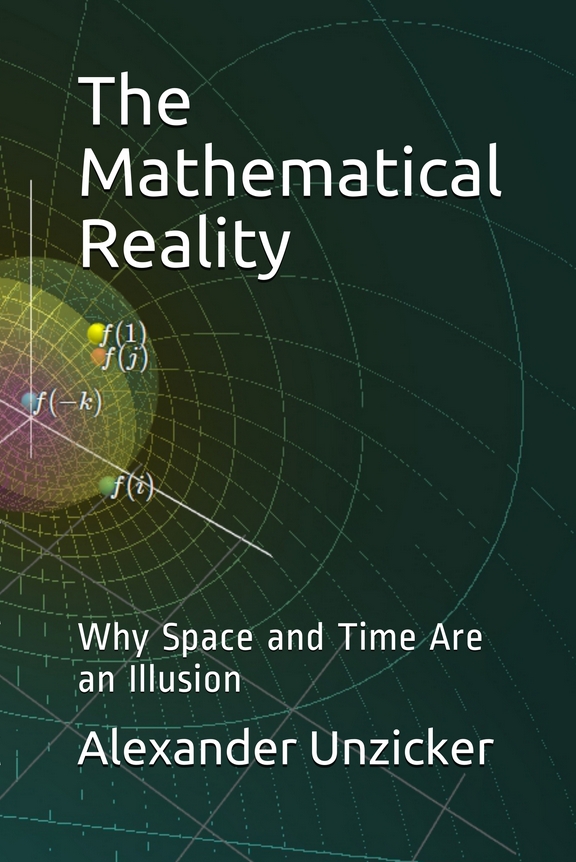
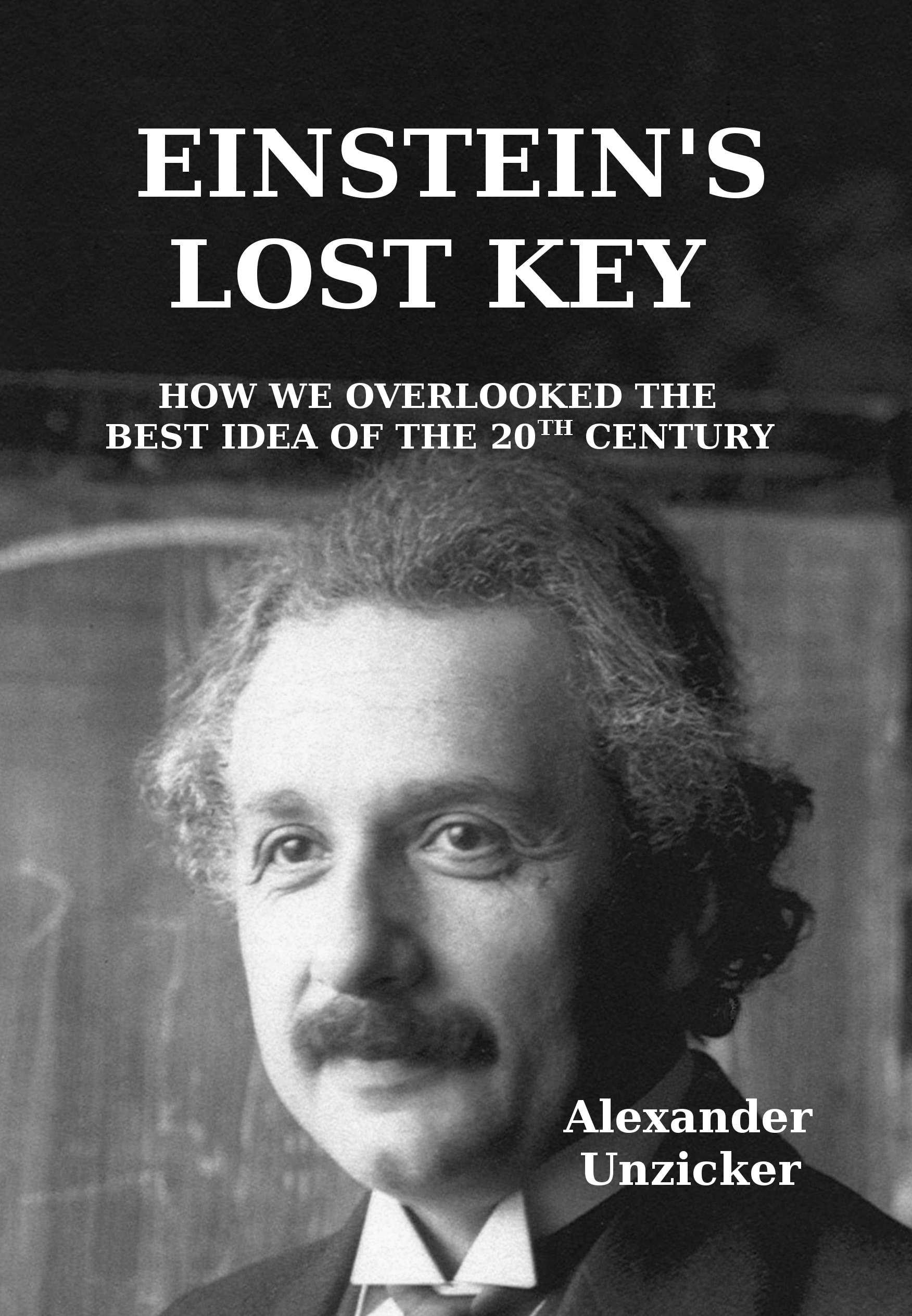
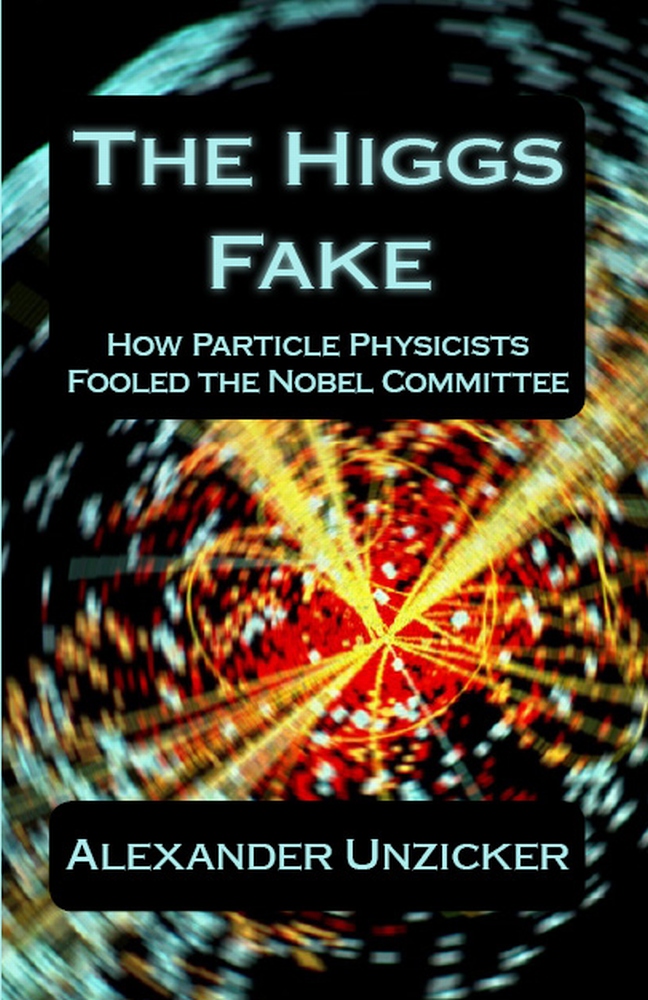

THE LIQUID SUN: A COMING REVOLUTION IN ASTROPHYSICS
Without the rays of the Sun, there would be no life on Earth. However, we still do not seem to comprehend how our star emits light. While astronomers have been developing a model of gaseous plasma for a century, striking new evidence suggests that the Sun is made of condensed matter: it most likely consists of an exotic form of liquid metallic hydrogen, predicted as early as 1935 and observed recently. These findings will have profound implications for astrophysics and cosmology. The man who almost single-handedly discovered and developed this revolutionary theory is Pierre-Marie Robitaille, a former professor of radiology who set the world record for magnetic resonance imaging in 2000. When he reflected on the physical reasons for his success, he almost could not believe what he had discovered: the history of the Sun must be rewritten.Buy at Amazon
MAKE PHYSICS GREAT AGAIN: AMERICA HAS FAILED
ContentWestern civilization, still led by the United States, is not in good shape. What threatens the planet is a short-term superficial thinking tradition that can also be identified in the field that enabled civilization to flourish over the centuries: fundamental physics, which has its origin in Europe. The atomic bomb and the Moon landing saw American scientists lead the world technologically, yet they forgot one thing: to thoroughly think about elementary laws of nature in the tradition of Albert Einstein and other geniuses of the early 20th century. One hundred years later, this absence of deeper reflection in the American culture of thinking has become obvious well beyond science. With the declining West facing a looming crisis, the paradigm of fundamental science must therefore also be redefined if civilization is to survive sustainably in the 21st century.
From the Book:
While the European natural-philosophical tradition of research focused on the fundamental laws of nature and pursued the question of "what holds the world together in its inmost folds," the technologically inclined culture of the New World was dominated by a desire to realize great visionary projects such as the atomic bomb and the moon landing, even if such projects had hitherto seemed unthinkable. While these projects may represent mankind's greatest technological achievements, they are not our greatest intellectual accomplishments. Whereas the technological-inventive element went hand in hand with fundamental research in the European tradition, the element of natural-philosophical reflection has been missing from U.S. scientific practice for nearly 100 years. This has obvious cultural roots. To put it bluntly, Americans don't like to think thoroughly.
Buy at Amazon
THE MATHEMATICAL REALITY: WHY SPACE AND TIME ARE AN ILLUSION
The discovery of fundamental laws of nature has influenced the fate of Homo sapiens more than anything else. Has modern physics already understood these laws? Many puzzles formulated by Albert Einstein or Paul Dirac are still unsolved today, in particular the meaning of fundamental constants. In this book, it is argued that a rational description of nature must do without any constants. A thorough analysis of the history of physics leads to the conclusion that there is a serious problem with what have been considered the basis of reality for centuries: Space and time. These may be the most accessible concepts for human perception, but are probably unsuitable for a basic understanding of nature. A methodological and historical analysis shows, however, that the underlying problem of physics is deep, unexpected and fatal: the concepts of space and time themselves, the basis of science since Newton, could be fundamentally inappropriate for the description of reality, although—or precisely because—they are so easily accessible to human perception. A new understanding of reality can only arise from mathematics. By exploring the three-dimensional unit sphere, which could replace the concepts of space and time, the author presents a mathematical vision that points the way to a new understanding of reality.Buy at Amazon
EINSTEIN' LOST KEY
One hundred years after the completion of the General Theory of Relativity, conferences, meetings, and celebrations are taking place all around the world.Yet a decisive consideration on the subject by Albert Einstein has completely fallen into oblivion. Already in 1911, he held the key to an even greater discovery in his hands: a theory concerning the variable speed of light that would have explained the origin of gravity by referring to distant masses in the universe. Eventually, the consequences for modern cosmology would be revolutionary: the picture of an expanding universe and the Big Bang would need to be revised.
Sadly, Einstein's ingenious idea came twenty years too early. For it took until the 1930s before the true size of the universe was revealed, which would have confirmed his formula about the variable speed of light. Due to a series of accidents, the theory remained practically unknown, although the Nobelists Erwin Schrödinger and Paul Dirac had worked on similar ideas.
Einstein's Lost Key is a description of relativity comprehensible for lay people, a vividly exposed history of science, and a serious, though controversial input for modern research..
Buy at Amazon
THE HIGGS FAKE
The book is a merciless critique of the Large Hadron Collider at CERN and of the theoretical model on which the world's most expensive experiment is based. Unzicker, a German physicist and award-winning science writer, argues that the greatest physicists such as Einstein, Dirac or Schrödinger would have considered the 'discovery' of the Higgs particle ridiculous. According to the author, the standard model has grown unbelievably complicated and doesn't solve any of the great riddles of physics. Moreover, with their increasingly intricate techniques, particle physicists are fooling themselves with alleged results, while their convictions are based on group-think and parroting. Altogether, the data analysis cannot be overseen by anybody.Buy at Amazon
BANKRUPTING PHYSICS
Bankrupting Physics is a blunt, but entertaining account of the current state of fundamental physics. The reader may not necessarily have the same opinion as the authors, but they will bear witness to some of the field's unchallengeable high priests in action, and question whether the system itself is now in a period of stagnation. How does the struggle for power and money among modern scientists compromise the quest for uncovering the true secrets of nature? This is a worthwhile book to read that is guaranteed to raise some controversy, and is likely to receive a critical reception by the very actors it is reporting on. (Pavel Kroupa, University of Bonn)Buy at Amazon

